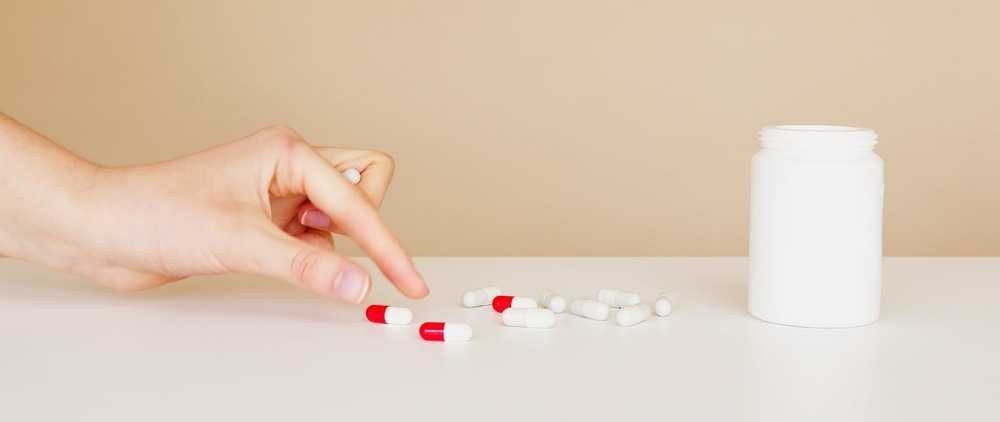Cardiovascular disease (CVD) is a general term that describes a disease of the heart or blood vessels. Blood flow to the heart, brain or body can be reduced because of a: blood clot (thrombosis) build-up of fatty deposits inside an artery, leading to the artery hardening and narrowing (atherosclerosis)
07
Jan
According to the latest statistics from the WHO, heart disease ranks first among the top 10 causes of death in the world, and has remained so...
07
Jan
The heart is a key organ that maintains the normal operation of various functions of the human body. It controls the flow of blood. Any or...
07
Jan
Myocardial infarction, also known as a heart attack, refers to the blockage of the coronary arteries leading to the myocardium, which prevents...
07
Jan
Long-term high blood pressure (Hypertension) will increase the risk of heart disease, diabetes, stroke and other diseases. Especially when...
07
Jan
A healthy diet is one of the keys to preventing cardiovascular disease, but if you want to work harder on cardiovascular health or make up
07
Jan
Arrhythmia is a symptom that many patients with heart disease may experience. In addition to treatment with anti-arrhythmia drugs, a...
07
Jan
Lack of exercise can be said to be the root of all diseases, especially the sedentary lifestyle in modern society, which not only promotes obesity...
07
Jan
Depending on the type of heart disease, doctors will choose appropriate drugs for treatment, such as nitrates, calcium channel blockers (CCB)...
07
Jan
Although a pacemaker (also known as a cardiac pacemaker) can help patients with slow heartbeats improve their heart rate, because it is an electronic
07
Jan
According to the statistics of the top ten causes of death by WHO, heart disease ranks first. From the classification of heart diseases...










